WD-40 is a universal lubricant and cleaner, but it is not always the best choice for a particular application. Sometimes it may be necessary to use more specialized products to achieve certain objectives. For example, a Teflon- or a silicone oil-based lubricant may be more effective for lubricating mechanisms under high loads.
The Main Disadvantages Of WD-40 Are:
- Not a long lasting lubricant and evaporates quickly
- Not suitable for the lubrication of heavily loaded mechanisms
- Can cause wear on bicycle and motorbike chains
- Does not have long-term corrosion protection properties.

9 Alternatives To The WD-40 Liquid
Silicone Spray
Spray is a silicone-based product that provides long-lasting protection against water and corrosion. It also has excellent anti-adhesion effective lubricant properties, making it excellent for lubricating rubber and plastic surfaces. Spray can also be used to eliminate squeaks and noise.
Silicone-based products, such as sprays, are a water displacement solution. They contain hydrogen and carbon components consisting of hydrogen and carbon, which are commonly found in oil and natural gas. These products effectively prevent corrosion and fill minor gaps in various surfaces, including metals that have become stuck or stuck. If you are looking for an alternative to WD40, silicone-based products are an excellent choice for preventing corrosion.
Silicone Spray Is Suitable For A Variety Of Purposes, Including:
- Lubricating car components (e.g., rubber seals, locks).
- Removal of squeaks and noise from machinery.
- Protect metal and non-metal surfaces from corrosion and high temperatures.
- Sliding lubrication of plastic parts in furniture and equipment.
- Protection of metal joints and electrical contacts against moisture and corrosion.
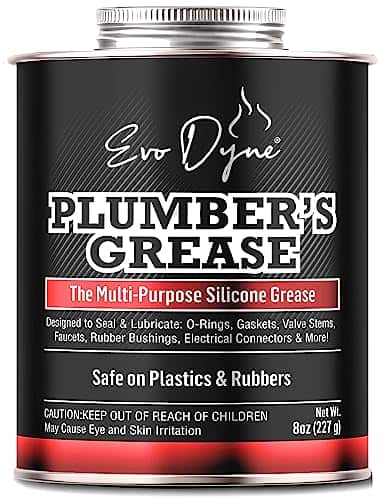
Spray can be used to replace WD-40 where surfaces need protection against corrosion and moisture. However, if quick-acting lubrication or surface cleaning from rust and dirt is required, it is better to use WD-40 or another product that is specially formulated for such purposes.
Graphite Grease
Graphite grease is a mixture of graphite and various additives that is used as a lubricant. It is used to reduce friction and wear on metal surfaces, reduce noise, protect against corrosion, prevent rust, and facilitate assembly and disassembly of parts.
Graphite grease is suitable for use on mechanisms operating at high temperatures (e.g., car engines, turbines), for sealing threaded and other metal joints back together, as well as for lubricating locks, hinges, and other mechanisms that require moisture resistance and durability.
Graphite grease cannot completely replace WD-40, as they are two different products. WD-40 is a multipurpose lubricant that can be used for cleaning, lubrication, corrosion protection, and many other purposes.
However, graphite grease can be used instead of WD-40 for certain applications, such as lubricating locks or threaded connections.

Liquid Wrench
Liquid Wrench is a lubricant that is used to free stuck or rusted metal parts. It contains special additives that allow it to penetrate into crevices and expel moisture and dirt.
The liquid wrench can be used for a variety of purposes power tools, including lubricating locks, hinges, control rods, threaded joints, etc. It can also be used to clean surfaces from scaling and to remove rust-ing.
The liquid key is a special product for unlocking stuck mechanisms, while VD-40 is a multi-purpose aerosol lubricant and penetrating agent. In some cases, these products can be used as substitutes for each other, but their properties and characteristics must be taken into account.

Penetrating Grease
Penetrating silicone grease can be used as a substitute for WD-40 in some cases, as it has similar properties: it penetrates into hard-to-reach places and has a lubricating effect. However, it must be borne in mind that these are different products, and penetrating silicone grease may not be suitable for some of the tasks that WD-40 solves.
Penetrating Grease Can Be Used For The Following Purposes:
- Lubrication and protection of mechanisms against corrosion;
- Unlocking of sticking mechanisms;
- Eliminating squeaking noises.
Also note that the penetrating oil or grease and WD-40 have different properties and are intended for different tasks, so before using penetrating oil or grease as a substitute for WD-40, it is advisable to check whether it is suitable for your specific task.
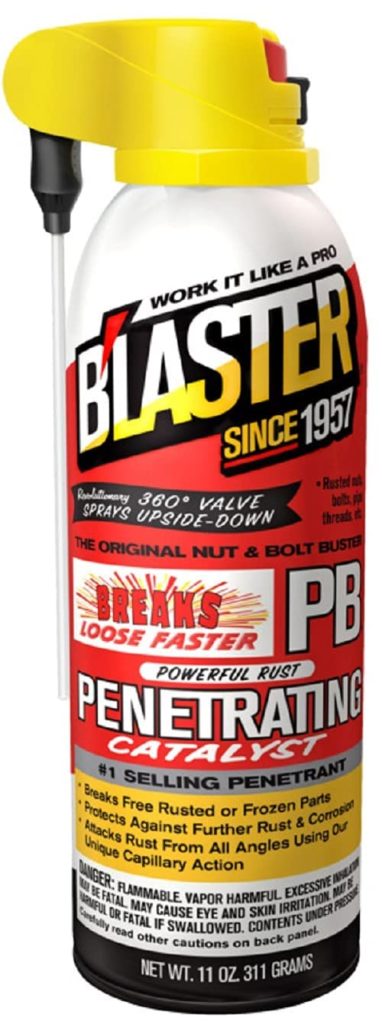
Vaseline
Petroleum jelly is a soft, plastic grease that has protective properties and, in some cases, can be used as a replacement for WD-40. However, it is important to remember that these are different products and have different properties.
Petroleum Jelly Can Be Used For The Following Purposes:
- Lubrication and protection of mechanisms against corrosion;
- Reducing friction between surfaces;
- Eliminating squeaking noises.
In general, Vaseline can only be used as a substitute for WD-40 when lubrication and corrosion protection are required, but not when either penetrating oil into hard-to-reach places or cleaning dirt from the surface.
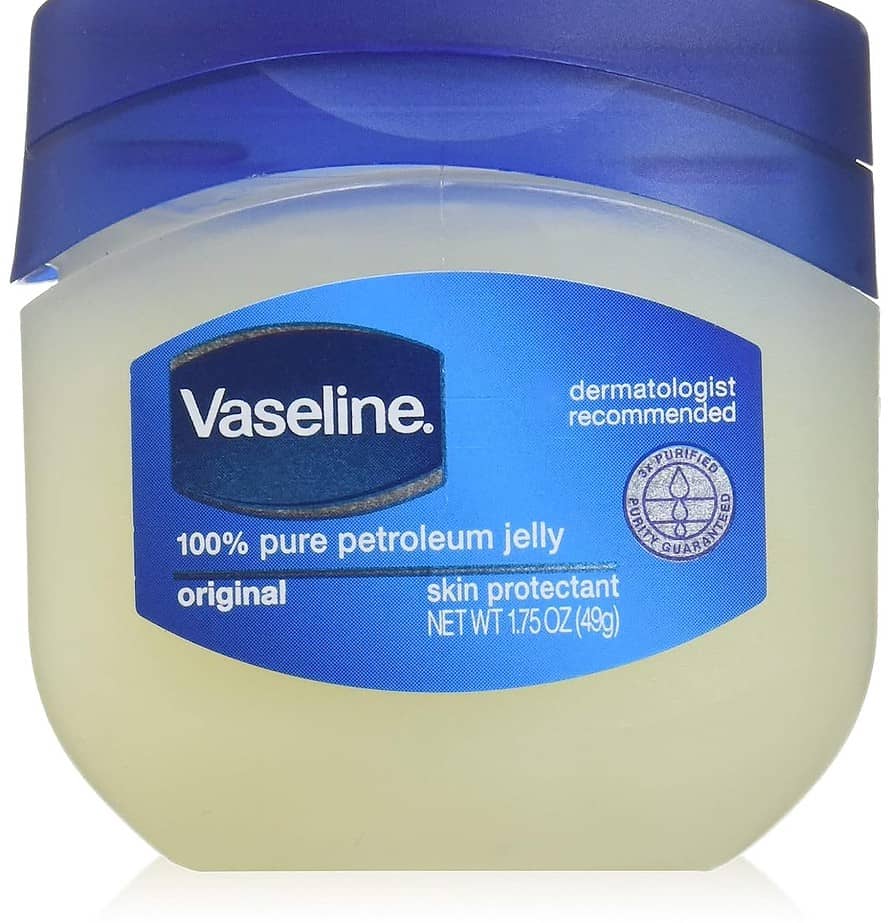
Beeswax
Beeswax is not a direct replacement for WD-40 because they are completely different products with different properties. However, beeswax can be used for a number of applications that can also be solved with WD-40.
For Example, Beeswax Can Be Used For The Following Purposes:
- Lubricating door hinges, locks and other mechanisms;
- Protecting metal and other surfaces against corrosion;
- Polishing furniture and other wooden objects;
- Improving the protective properties of clothing or shoes.
However, please note that beeswax does not have the penetrating effect of WD-40 and is not suitable for cleaning dirt and rust from surfaces. It may also leave a greasy residue on the surface, which may be undesirable in some cases.
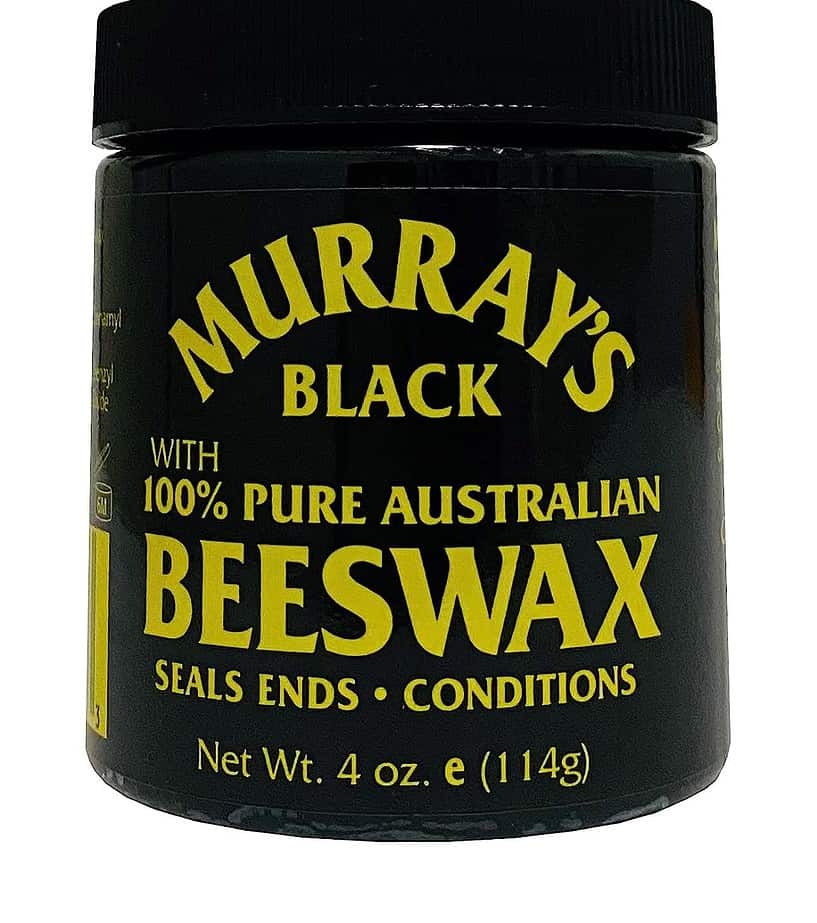
Vegetable Order Extra Virgin Olive Oil
Can You Use Olive Oil Instead Of WD-40?
Vegetable order extra virgin olive oil (vegetable oil mixed) is not a direct substitute for WD-40 as they are different products with different properties. However, vegetable oil can be used for some applications, e.g., lubricating locks.
For Example, Vegetable Oil Can Be Used For The Following Purposes:
- Lubricating door hinges and other mechanisms;
- Protecting metal surfaces against corrosion;
- Removing scale and protecting metal from oxidation;
- Polishing wooden furniture.
In general, vegetable oil is not a direct substitute for WD-40, as they have different properties and uses. However, vegetable oil can be used for some purposes, which can also be achieved with WD-40.
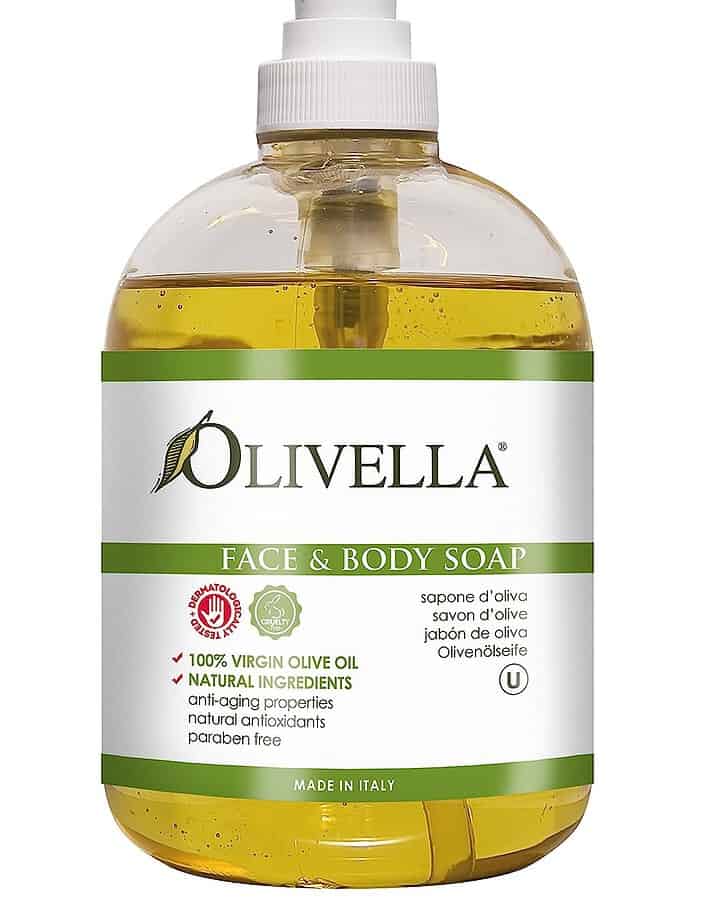
Mineral Oil
Mineral oil is not a direct substitute for WD-40, as they are different products with different properties. However, mineral oil can be used for some purposes, which can also be achieved with WD-40.
The use of engine oil and automatic transmission fluid will produce comparable results.
For Example, Mineral Oil Can Be Used Or The Following Purposes:
- Lubricating door hinges and other mechanisms;
- Protecting metal surfaces against corrosion;
- Removing deposits and protecting metal from oxidation;
- Polishing wooden furniture.
Keep in mind, however, that mineral oil has a high viscosity, so it may be less effective in hard-to-reach places than WD-40. In addition, mineral oil can attract dust and dirt, which can lead to the formation of deposits on the surface.
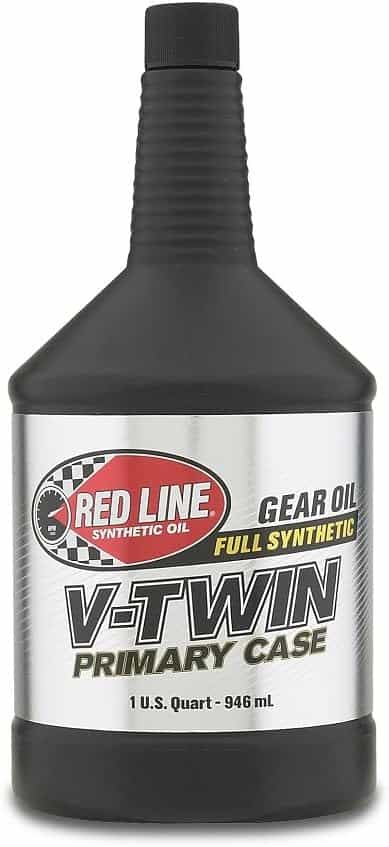
Sewing Machine Oil
Sewing machine oil can be used as a replacement for WD-40 to lubricate and protect mechanisms such as ball bearings, locks, car hinges and, door handles and to remove corrosion and prevent rust everywhere.
To Use Sewing Machine Motor Oil, As A Replacement For WD-40, Follow These Instructions:
- Clean any dirt or dust from the surfaces you intend to treat.
- Apply a few drops of oil or liquid base to the surface or directly put olive oil onto the mechanism to be lubricated.
- Spread the olive oil around on the surface using a brush or cloth.
- Remove excess cooking oil from from the surface with a dry cloth.
It is important to remember that sewing machine oil has a thicker consistency than gun oil or WD-40, so it should not be used for cleaning or rust removal.
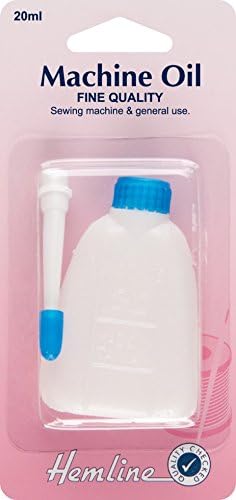
What Wd-40 Is Used For?
WD-40 (Water Displacement, 40th Formula) is a multipurpose lubricant and protective agent that is used for various applications in the domestic, automotive, industrial and other fields. Here are some common uses for WD-40: Lubrication: WD-40 can be used to lubricate bearings, locks, hinges, door handles, roller mechanisms, hinges, and other mechanical parts.
It helps eliminate squeaks or sticking and makes movement easier. Eliminates squeaks and corrosion: WD-40 penetrates into microcracks and helps eliminate squeaks and corrosion on metal surfaces. It also protects metal from moisture, preventing rust and damage. Moisture evacuation: WD-40 can be used to push moisture out of electrical contacts and components.
This is particularly useful when moisture is trapped in vehicle electrical systems or electronics. Cleaning and scouring: WD-40 can help remove dirt, grease, glue, asphalt stains and other contaminants from surfaces. Moisture and corrosion protection: Applying a thin coat of WD-40 to metal surfaces creates a protective film which prevents exposure to moisture and helps prevent corrosion.
It is important to remember that WD-40 is not a universal solution for all lubrication and protection tasks. In some cases, it may be necessary to use specialized products or consult a professional, especially when dealing with sensitive electrical components or heavy-duty machinery.
Conclusion
In conclusion, using alternatives to WD-40 can be either a good or bad idea, depending on the specific situation and requirements of the task. It is important to consider the following factors: Effectiveness: Some alternatives can be just as effective, if not more so, than WD-40 in certain situations.
They may have similar or even better lubrication, corrosion protection, freeze protection, and other properties. Specialized properties: In some cases, WD-40 can provide specialized properties that cannot be completely replaced by alternative products. For example, its ability to penetrate into hard-to-reach areas may be unmatched oil based products in some scenarios.
Application conditions: When selecting an alternative, the application conditions and environment should be considered. Some products may be more or less effective in high or low temperatures, wet conditions, or when used for long periods of time.
Compatibility with materials: It is also important to consider the compatibility of alternative products with the materials with which they will be used. Some materials may be more sensitive to certain chemical compounds, so attention should be paid to the manufacturer’s recommendations. Ultimately, the right alternative to WD-40 depends on the specific situation, task requirements, and personal preference.
It is recommended to study the manufacturer’s instructions and recommendations, carry out tests, and make informed decisions in order to achieve the best possible results.
